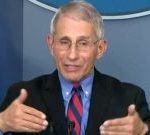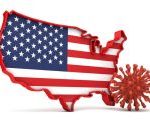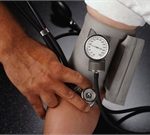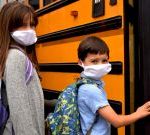
Limiting TV ads for sugary, salty and high-fat foods and drinks might help reduce childhood obesity, British researchers suggest. They looked at advertising of these products between 5:30 a.m. and 9 p.m. If all such ads were withdrawn during those hours, the number of obese kids in the U.K. between the ages of 5 and 17 would drop by 5% and the number of overweight kids would fall 4%, the study found. That’s equivalent to 40,000 fewer kids in the U.K. who would be obese and 120,000 fewer who would be overweight, the researchers said. The findings were published online Oct. 13 in the journal PLOS Medicine. Oliver Mytton, an academic clinical lecturer at the Center for Diet and Activity Research at the University of Cambridge, led the study. “Measures which have the potential to reduce exposure to less-healthy food advertising on television could make a meaningful contribution to reducing childhood obesity,” the authors said in a journal news release. But they also pointed out that they could not fully account for all factors that would affect the impact of the policy, if implemented. They added: “Children now consume media from a range of sources, and increasingly from online and on-demand services, so in order to give all children the opportunity to grow up healthy it is important to ensure that this advertising doesn’t just… read on >
























-300x200.jpg)










